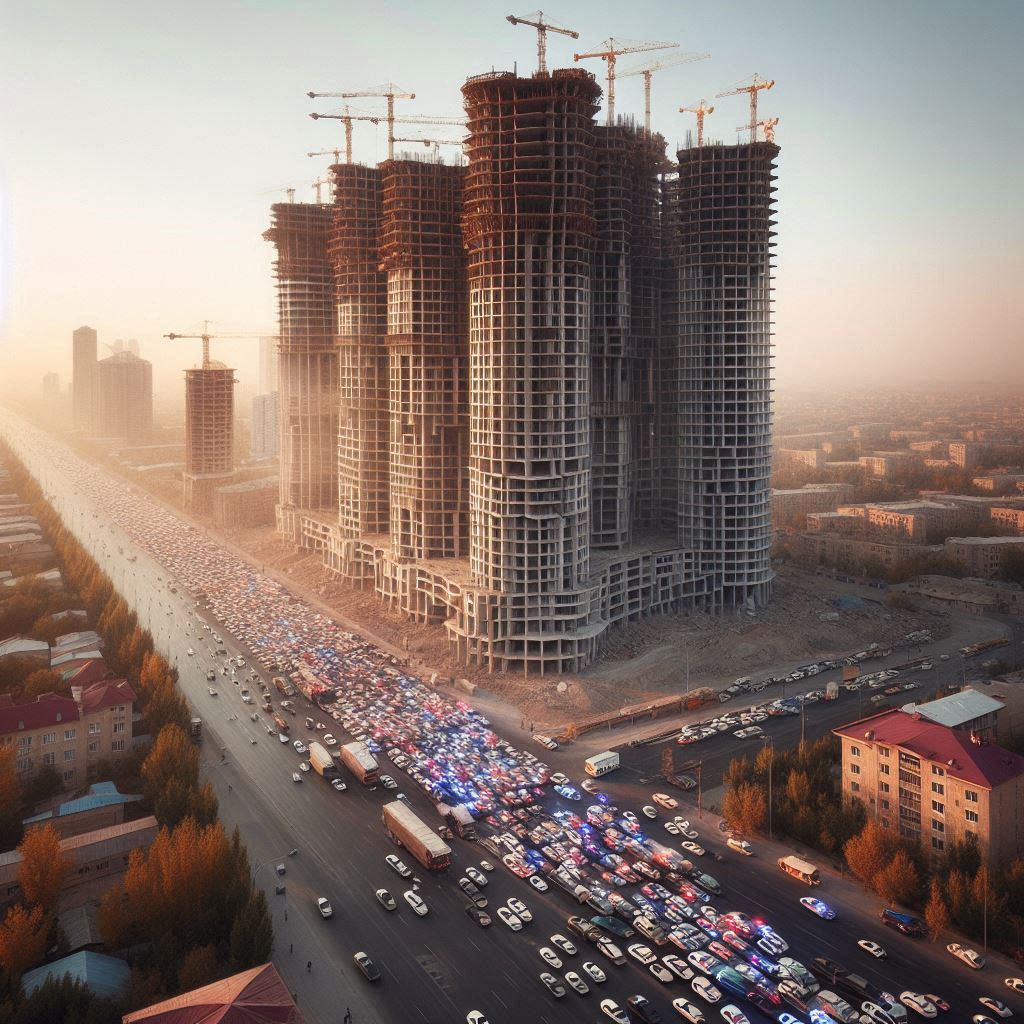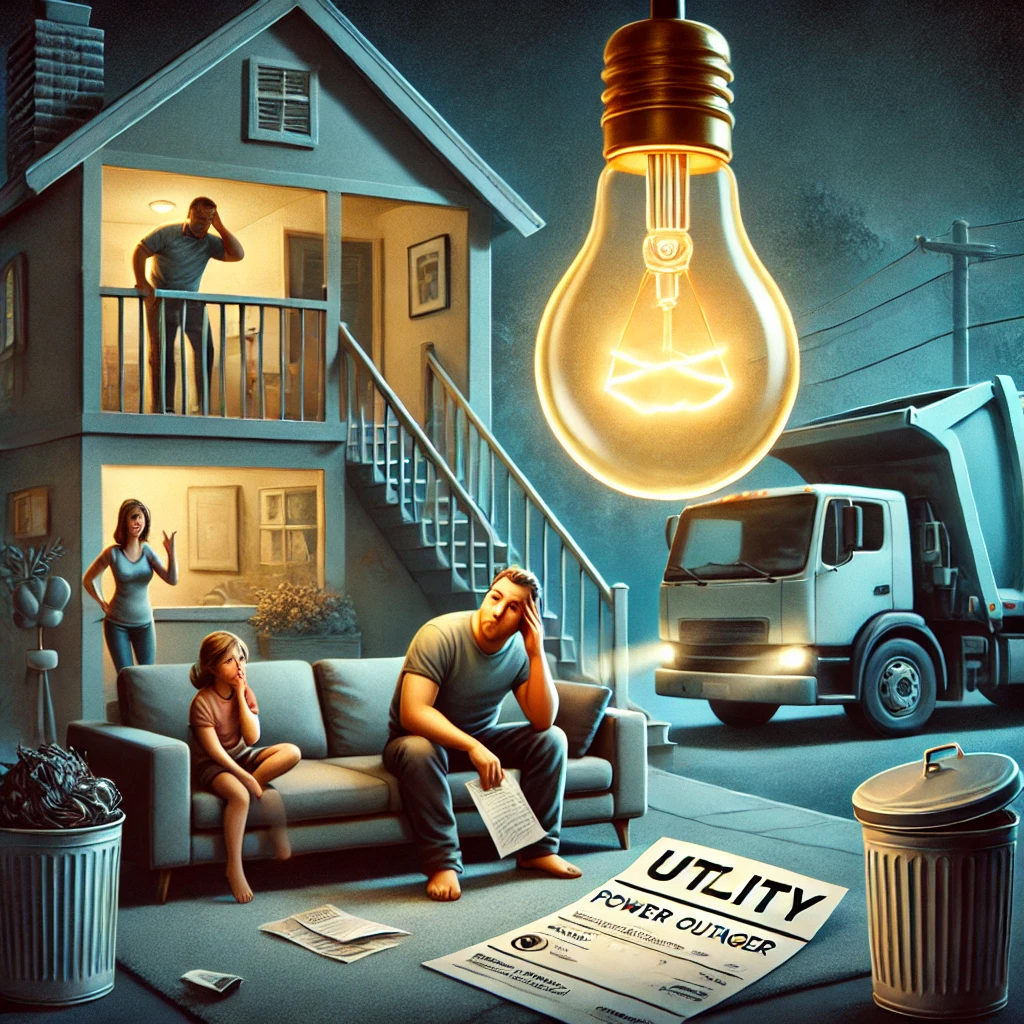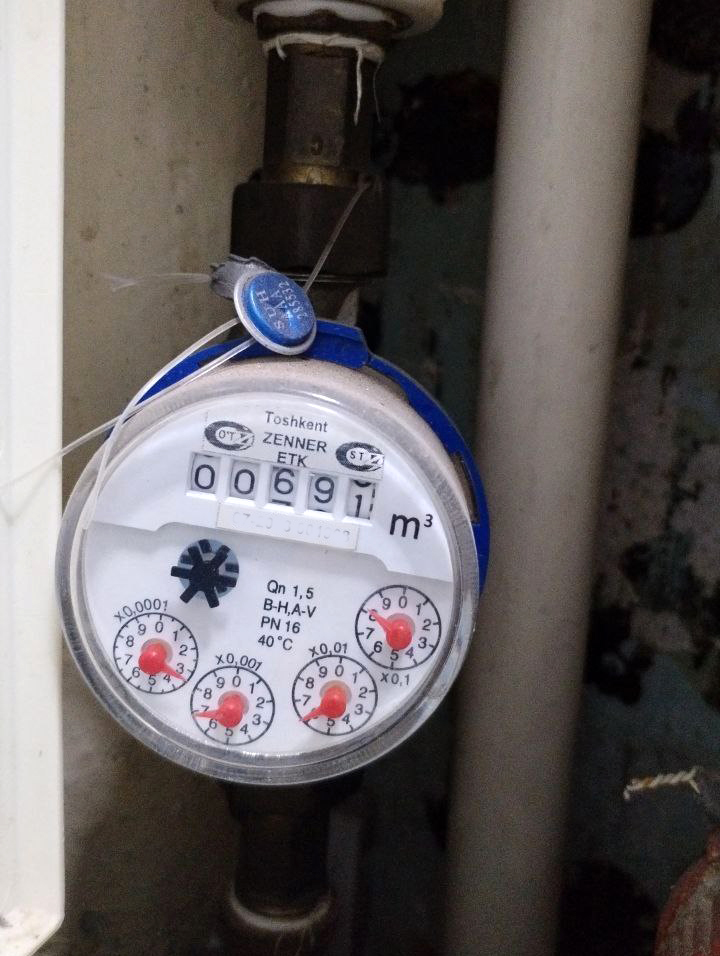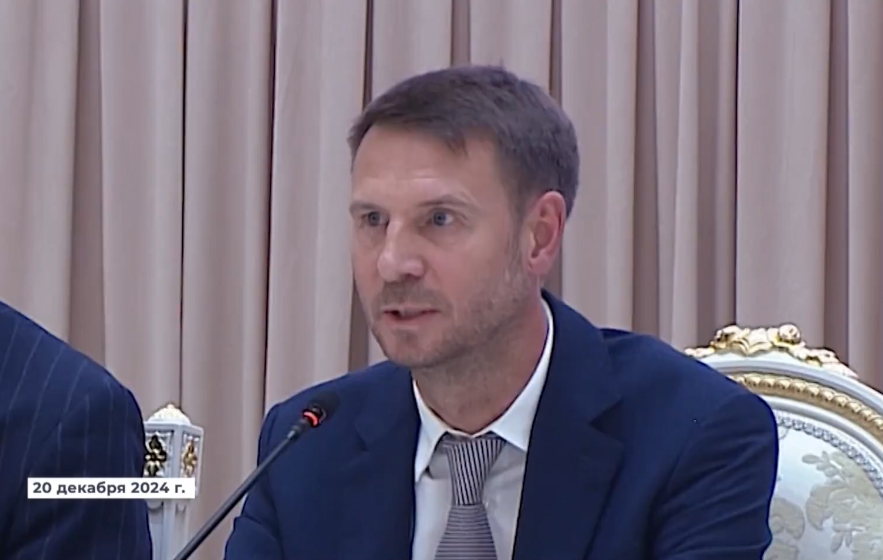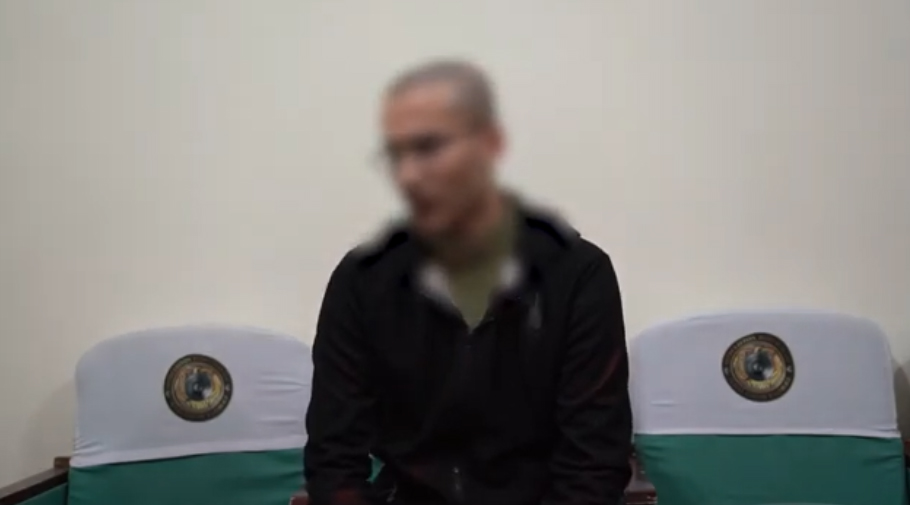This article is also available in:
Русский (Russian)
Each year, the problem of illegal construction in Uzbekistan, especially in Tashkent, becomes increasingly acute. Entrepreneurs try to build on every available piece of land, often violating laws and bypassing official procedures. However, the authorities intend to tighten control and introduce new mechanisms to tackle this issue. At a recent meeting with the president, new measures were proposed, including the installation of cameras and the use of QR codes.
Rising problem statistics
Over the past year, the number of illegal constructions in Uzbekistan has significantly increased. In 2023, 1,600 construction projects began without proper registration, and by early 2024, this number had risen to 2,200. This has led to chaotic construction growth, which has caused dissatisfaction among the population and exacerbated issues in cities where zoning and planning rules are being violated.
Authorities have mandated regular inspections of construction sites, but in practice, these requirements have not been fully met. According to regulations, inspections should be carried out 2-4 times per month depending on the category of the project. However, in the past eight months, inspectors have only visited 1,150 sites once.
New control methods
To improve the effectiveness of construction oversight, the authorities have proposed several innovations. First, a team of construction operators will be established in the territorial departments of the Construction Inspection. Inspectors will be equipped with body cameras to record violations on construction sites.
Second, video cameras will be installed at every government-funded construction site. These cameras will transmit data online to the headquarters, allowing real-time monitoring of construction progress and preventing illegal building activity.
QR codes as a guarantee of legality
One of the main innovations will be the use of QR codes. From now on, every construction site will have a QR-coded passport. With this code, any citizen can access information about the project: what is being built, who the developer is, when the permit was obtained, and when the project is expected to be completed. This measure will ensure transparency in the construction process and allow the public to independently monitor the legality of projects.
Moreover, the absence of a QR code on a construction site will automatically indicate that the project is illegal.
Strengthening public oversight
An important aspect of these measures will be the enhancement of public oversight over illegal construction. Mahalla committees and community representatives will receive more authority to monitor construction activities in their neighborhoods. Their role will now be to identify violations and promptly report them to the authorities.
Expected outcomes
The proposed measures aim to address one of the most pressing issues in the construction sector. They should help streamline processes, eliminate opportunities for illegal construction, and restore public trust in the sector. However, the question remains: how effectively will these measures be implemented in practice? The introduction of QR codes and video surveillance is a step toward transparency, but without effective enforcement and anti-corruption efforts, the results may be limited.
Nevertheless, these initiatives represent a serious attempt to improve the situation in Uzbekistan’s construction sector and create a safe and legal environment for urban and regional development.

